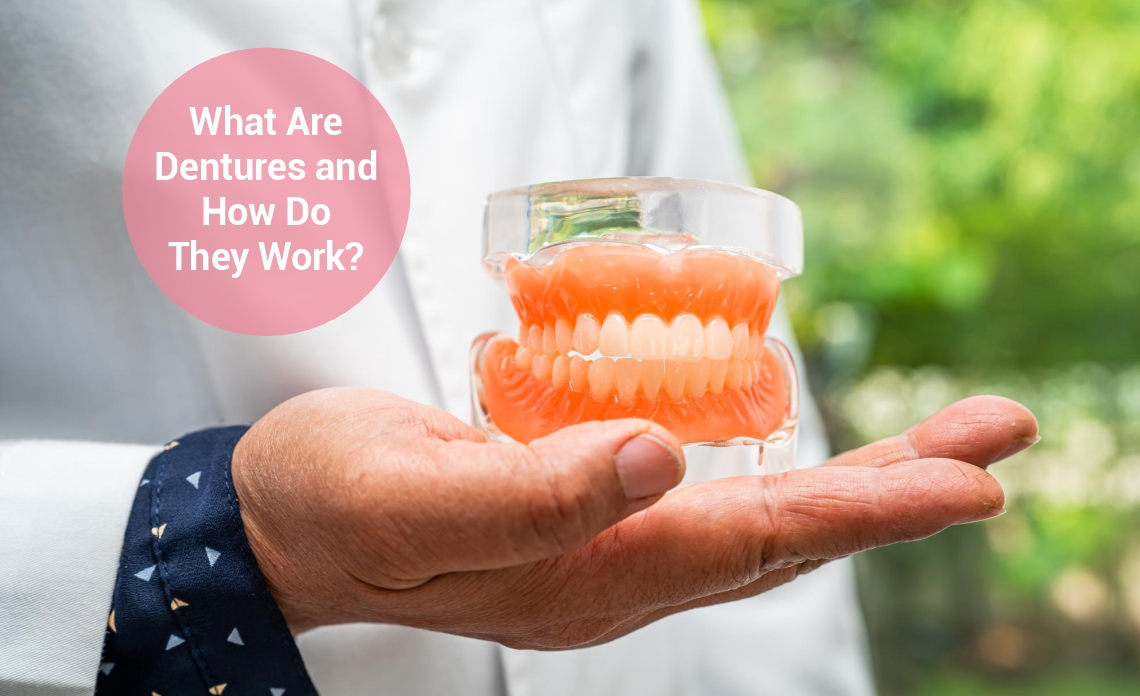Family Dental Clinic
Losing Baby Teeth: Key Information for Parents

Losing Baby Teeth: Key Information for Parents
Losing baby teeth is a significant milestone in a child's development. As a parent, you may have questions and concerns about what to expect during this phase. Understanding the process and how to support your child can make this journey smoother and more exciting for everyone involved. Here, we cover key information about losing baby teeth to guide parents through this important stage.
When Do Children Start Losing Baby Teeth?
Most children begin losing their baby teeth around the age of 5 or 6. However, this timeline can vary, with some kids starting as early as 4 or as late as 7. The process typically follows the same order in which the baby teeth erupted. The front lower teeth (central incisors) are usually the first to go, followed by the front upper teeth.
How Does the Process Work?
Baby teeth become loose when the permanent teeth underneath start to push upward. This natural process causes the roots of the baby teeth to dissolve, eventually leading to their loss. Once the baby tooth falls out, the permanent tooth takes its place, marking the beginning of your child’s adult smile.
Signs That a Baby Tooth Is Ready to Fall Out
Parents can watch for the following signs that a baby tooth is ready to come out:
- Wiggling: Your child may notice that a tooth feels loose and can move slightly.
- Sensitivity: The area around the tooth might feel tender or sore.
- Gum Swelling: Mild swelling around the tooth is common as it becomes loose.
Encourage your child to gently wiggle the loose tooth if they feel comfortable. Avoid pulling it out prematurely to prevent pain or damage to the surrounding gum tissue.
What Should You Do When a Tooth Falls Out?
When a baby tooth falls out, follow these steps to ensure your child’s comfort and oral health:
- Stop the Bleeding: If there is minor bleeding, have your child bite down on a clean piece of gauze for a few minutes.
- Rinse the Mouth: Use warm water to gently rinse the area to keep it clean.
- Celebrate the Moment: Make this milestone special by celebrating with your child. Many parents involve the "tooth fairy" to add excitement.
Tips for Parents During This Phase
- Maintain Oral Hygiene: Encourage your child to brush and floss regularly to keep their gums healthy.
- Monitor Tooth Growth: Watch for any signs of complications, such as permanent teeth growing in misaligned.
- Visit the Dentist: Schedule regular dental check-ups to ensure that your child’s teeth are developing properly.
When to Consult a Dentist
While losing baby teeth is a natural process, some situations may require professional attention:
- A baby tooth is very loose but doesn’t fall out after weeks.
- A permanent tooth begins to grow in before the baby tooth has fallen out (also known as "shark teeth").
- Your child experiences significant pain, swelling, or redness in the gum area.
A pediatric dentist can assess the situation and recommend the best course of action to keep your child’s smile healthy and bright.
Final Thoughts
Losing baby teeth is an exciting and natural part of growing up. By staying informed and supportive, you can help your child navigate this milestone with confidence. Remember, good oral hygiene habits and regular dental visits play a crucial role in ensuring the health of their growing smile.
Address: A-70, Applewoods Galleria, Near Shantipura Circle, SP Ring Road, Bopal, Ahmedabad- 383310
Contact: +91 89802 33232, +91 (79) 2979 6365
Blogs
Our Best Dentists





Newsletter
Follow our newsletter to Stay tuned
Emergency phone line:
+91 (79) 2979 6365



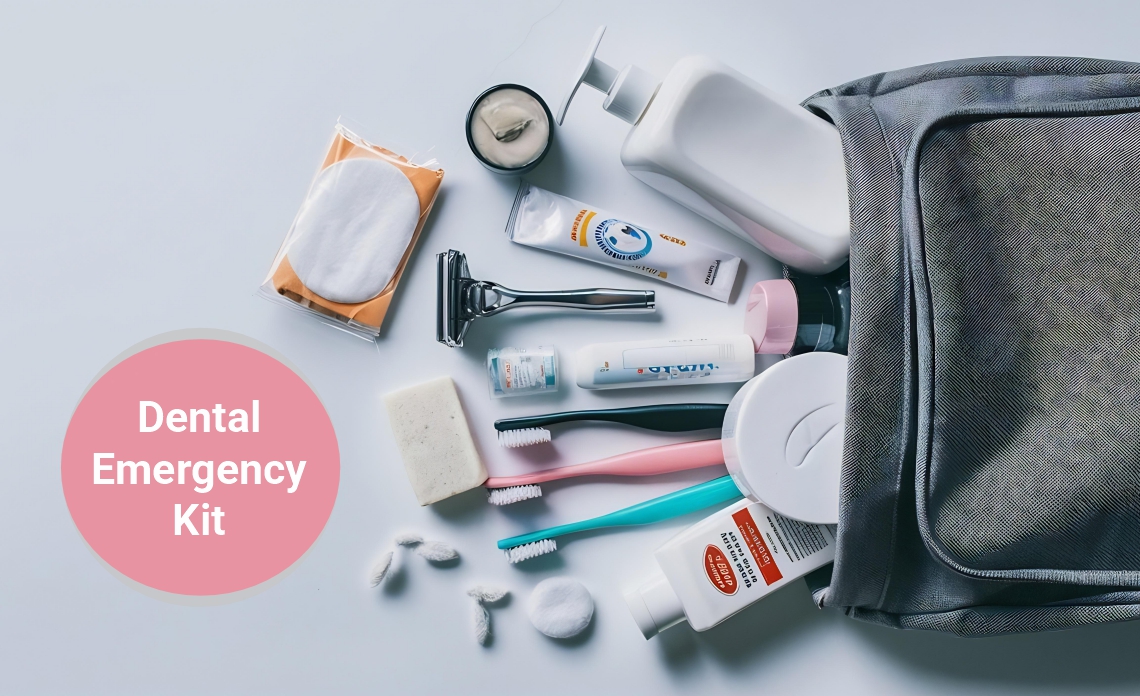

.jpg)
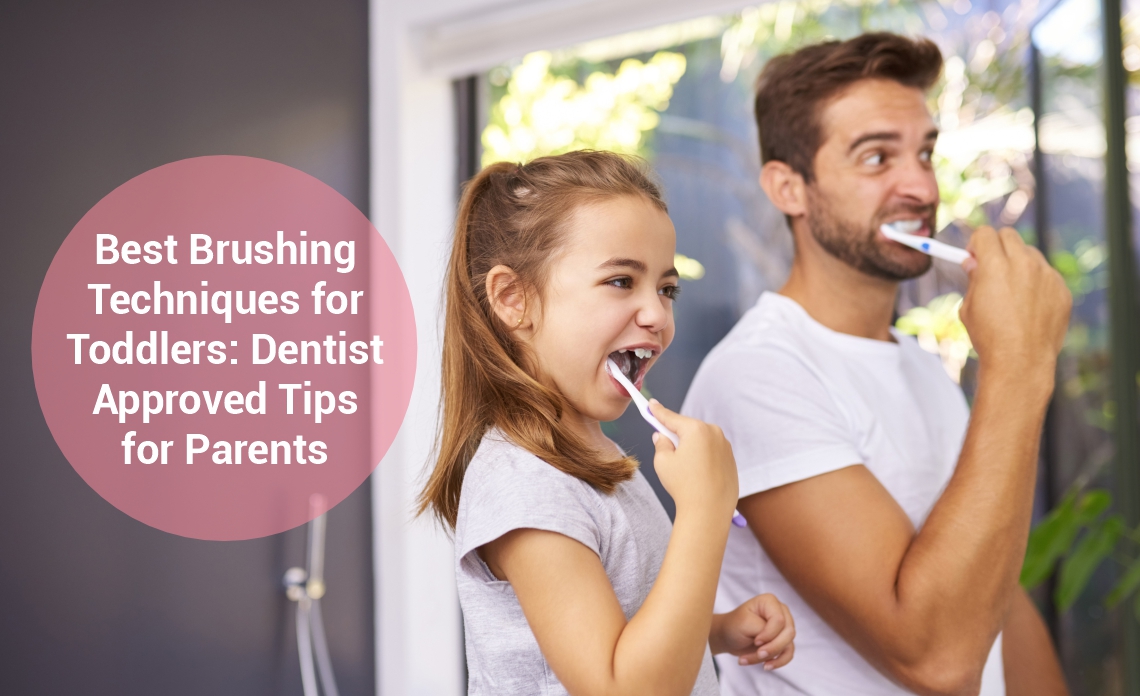

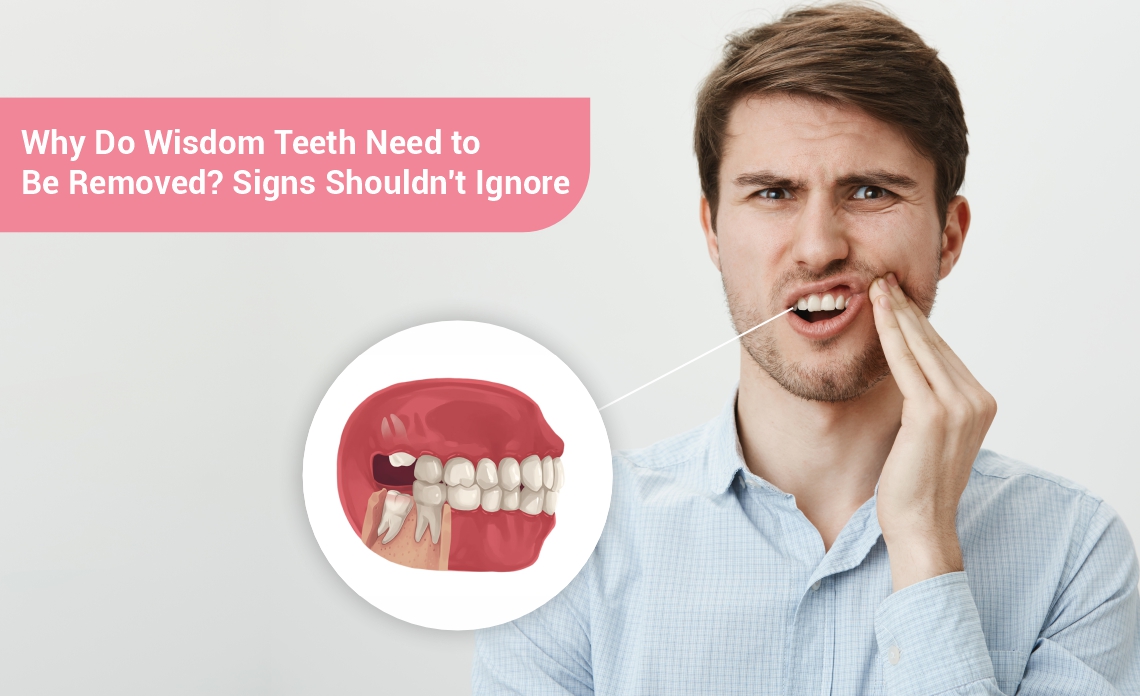


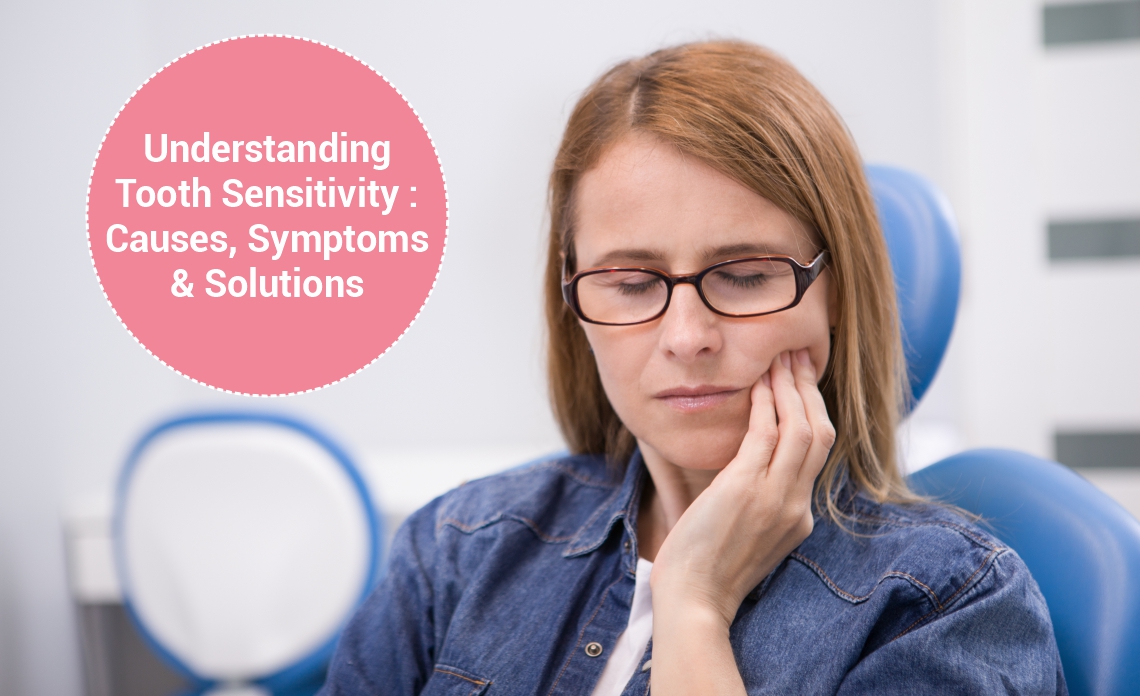
.jpg)
